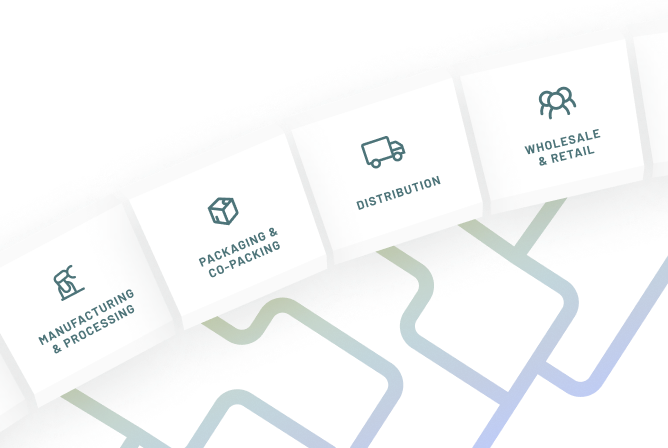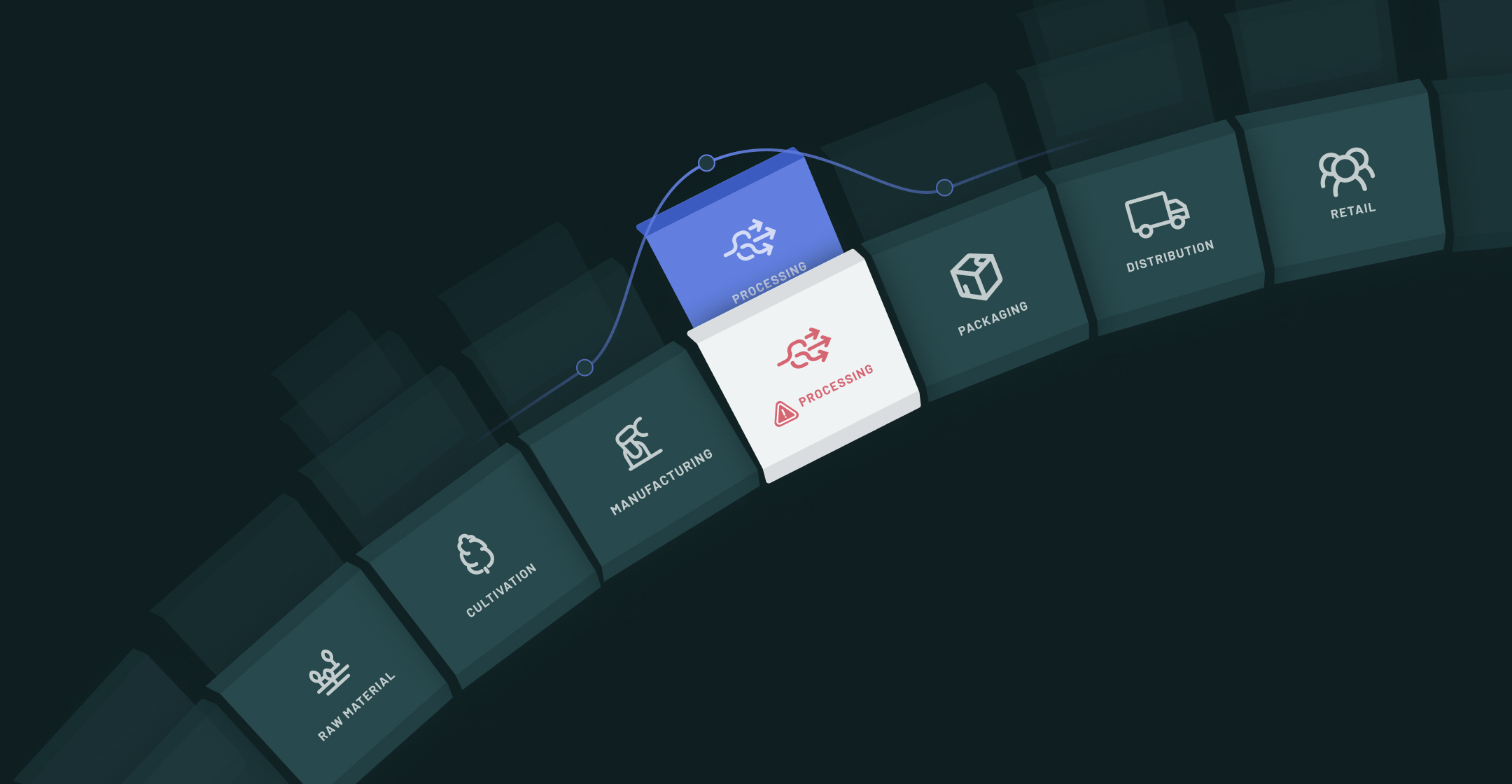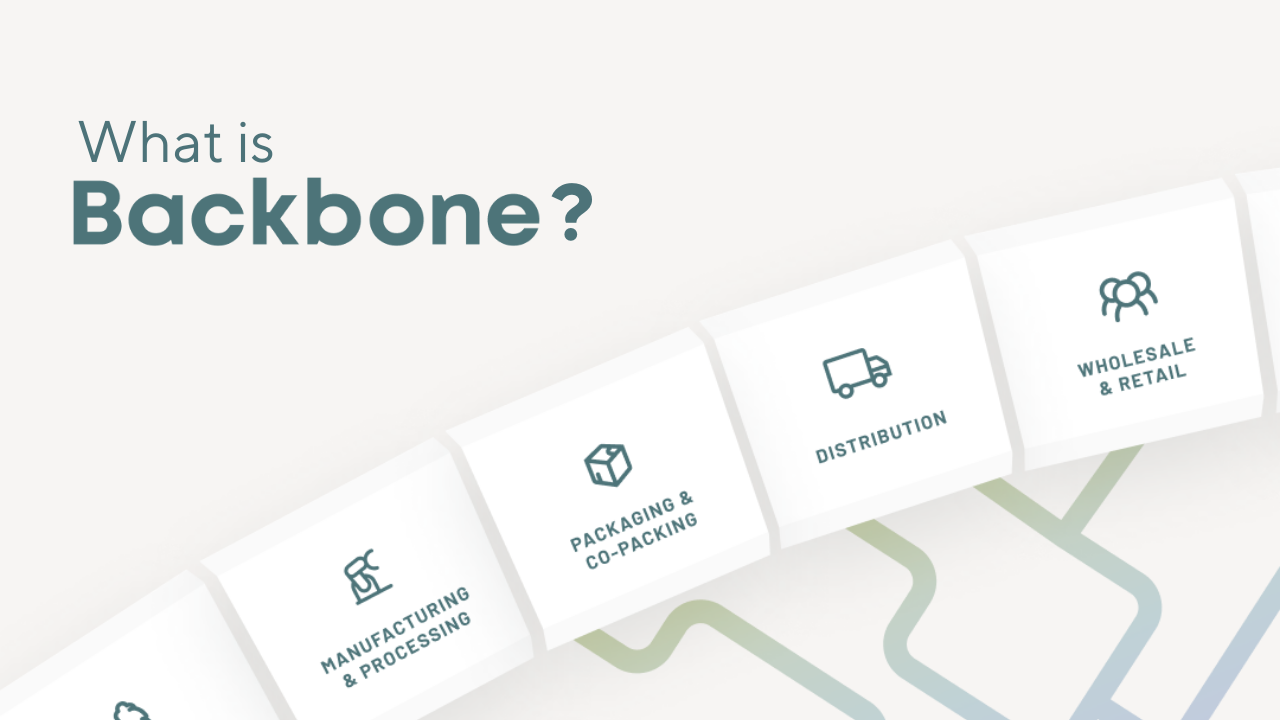
February 21, 2022
•4 min read
Backbone Social Equity Resource Hub
As the emerging cannabis industry continues to scale with more states and countries coming online, the businesses and entrepreneurs that participate in this industry mustn’t lose sight of what matters most: the communities that they serve.
At Backbone, our mission is to ensure the success of operators and manufacturers by providing the resources, services, and business intelligence they need to secure market participation.
During this process, we’ve continuously pushed ourselves to question how we honor and serve the communities impacted by our market presence.
Are we supporting BIPOC and social equity operators to ensure that cannabis is an equitable industry, one where everyone can participate? Do we understand the journey of BIPOC and social equity operators? How can we allocate resources to address the challenges impacting their growth?
Diversity in the cannabis industry is far from lacking, but the rates of diverse ownership indicate a different and sad reality. MJ Biz Daily’s analysis of Nevada, Colorado and Michigan found that Indigenous, Black, and Latino cannabis business owners accounted for 3.7%, 11.6% and 22.6%, respectively. Even in the liberal and diverse cannabis haven of California, social equity licenses accounted for less than 8% of all licenses issued by the state.
While local and state governments have implemented Social Equity Programs (SEP) across the country to increase the participation of diverse entrepreneurs, those programs have achieved varying levels of success. The California Cannabis Industry Association (CCIA) recently released their accountability report that does a cross-analysis of the social equity programs across the state. While these SEP programs are the most robust in the country and often inspire programs outside of California, there are considerable gaps in their services. At times, these gaps in services have even impeded programs from meeting their intended missions or outcomes.
The core issues mentioned by many respondents in the CCIA report identified the lack of funding and technical assistance, two crucial resources. This gap disables many SEP participants and results in failed businesses or businesses that are unable to go to market. The report identified that the City of Oakland’s SEP, the most mature in the country, echoed this exact sentiment. Of the respondents who were social equity license holders: 90% of respondents said lack of capital is a significant problem plaguing their business, while 82% claimed to make less than $50,000 in gross receipts the prior fiscal year, despite over 80% of them having a personal income of less than $60,000 annually.
To address these gaps, organic ecosystems and networks of social equity associations and advocacy groups provide the resources to guide Social Equity entrepreneurs. Organizations such as The Hood Incubator, Supernova Women, and the Social Equity Workers, and Owners Association (SEOWA) are just a few of the many organizations supporting Social Equity Operators on a daily basis.
This month we would like to share the first version of our Equity Resource Hub.
As a platform, we continue to support operators and work to ensure that cannabis entrepreneurs, especially those impacted by the War on Drugs, receive ample support to succeed. At Backbone, we are a hub for resources and services that can economically empower operators to continue building capacity for their operations. While this first iteration of the Community Resource Hub will list the organizations to contact to inquire about capacity building services, we look to expand the offerings that address workforce diversity, access to funding and capital, and creating diverse and inclusive supply chains.
We appreciate any feedback as we build out this Community Resource Hub. This Hub should provide resources that provide capacity building for BIPOC and Social Equity operators across the whole arc from launch to scale. This has to be a community-driven effort, and we look forward to working side by side with the communities and operators that are the backbone of the cannabis industry.
To work with us, please reach out to [email protected]
Also See:



